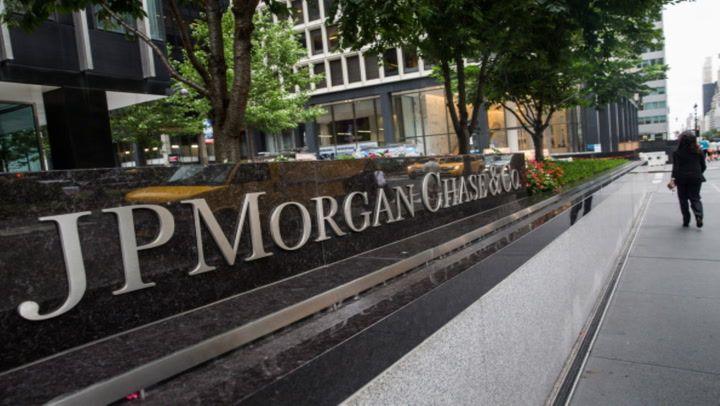Large banks are making it more difficult and more expensive for consumers to use Fintech and cryptography applications, which is equivalent to what could be seen as “Operation Chokepoint 3.0”.
That is according to Alex Rampell, general partner of the Risk Capital firm Andreessen Horowitz (A16Z). In his latest Fintech bulletin, Rampell told traditional financial institutions to charge high rates to access account data or move money, particularly services such as Coinbase or Robinhood, such as a movement to strangle competition.
“According to the Biden Administration, Operation Chokepoint 2.0 tried to get rid of and deposit Crypto,” Rampell said. “That time is over, but now the banks aim to implement their own Chokepoint 3.0, charging incredibly high rates to access data or move money to cryptographic and Fintech applications, and, rather, blocking cryptographic and Fintech applications they don’t like,” he added.
Chokepoint 2.0 specifically refers to the debate of cryptographic companies and executives as a result of the pressure exerted during the administration of President Joe Biden by regulatory authorities such as the Federal Deposit Insurance Corp (Fdic). After Donald Trump was elected president of the United States, Chokepoint 2.0 ended when regulators reversed many of the directives established during the previous administration.
JPMorgan accusation
JPMorgan Chase, one of the largest American banks, was pointed out as an example.
According to the current law of the United States, specifically section 1033 of the Dodd-Frank Law, consumers have the right to access their own financial data.
But banks are now affirming control over how these data are delivered electronically, sometimes charging rates for access to information as basic as routing and account numbers.
The A16Z executive argued that such tactics could make the transfer of funds to alternative platforms more expensive, deterring users and reducing competition.
“If suddenly it costs $ 10 to move $ 100 to an encryption account,” Rampell wrote, “maybe less people will do it. And if JPM and others can prevent consumers from connecting their own cryptographic applications and Fintech freely chosen to their bank accounts, effectively eliminate competition.”
Rampell’s words echo those of the Gemini Tyler Winklevos co -founder, who said JPMorgan who charges Fintech platforms for access to customer banking data “bankruptcy.” “This is the type of atrocious regulatory capture that kills innovation, harms the US consumer and is bad for the United States.”
Read more: Winklevos states that JPMorgan stopped the incorporation of Gemini after access to critical data
JPMorgan has not approached the platform directly, but addressed criticism. The bank told Forbes that almost 2 billion monthly requests for user data come from third parties, and that when charging tariffs its objective is to stop misuse.
Meanwhile, Rampell is asking the Trump administration to stop such practices by banks before they become standard among the rest of the financial institutions.
“In a perfect world, consumers would vote with their wallets. But each bank will probably do this, and obtain a new banking letter have been for years. Many banks have hostages, not customers,” Rampell said.
“We do not need a new law; we only need administration to avoid this insensitive and manipulative attempt to kill competition and consumer choice,” he added.




